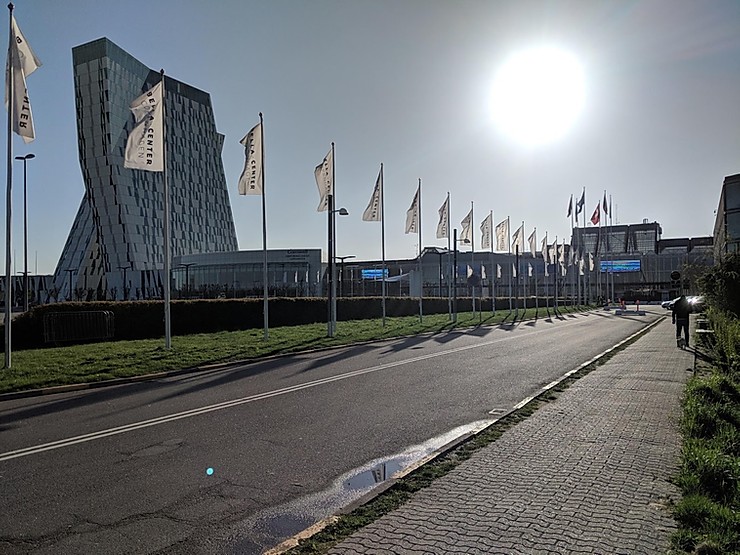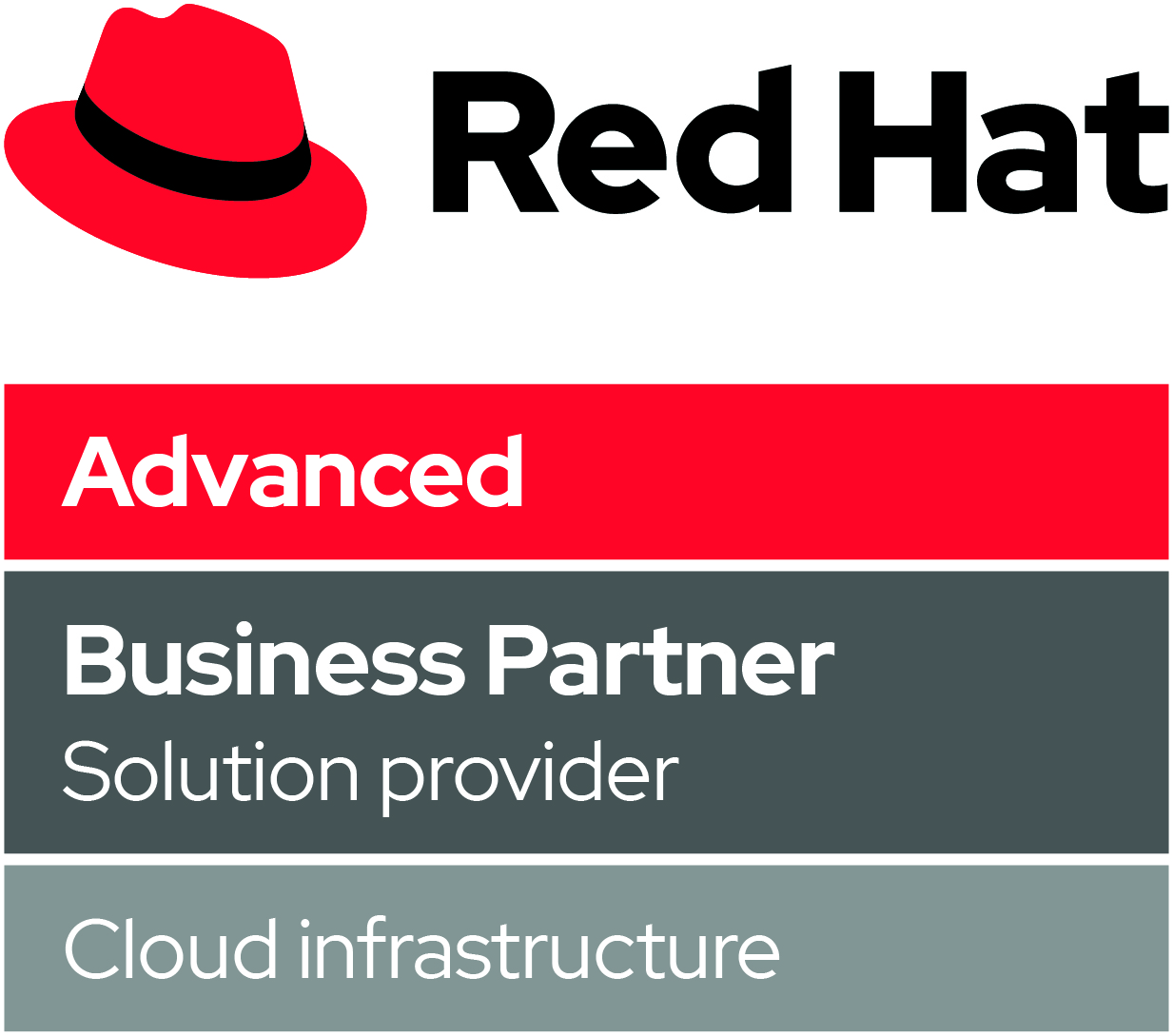KUBECON AND CLOUDNATIVECON || COPENHAGEN, EUROPE 2018, MAY 2ND – 4TH. – BY JEFF OWENS
Before I begin summarising my experience of KubeCon & CloudNativeCon Europe 2018, I’d like to take the opportunity to briefly introduce myself.
My name is Jeff Owens and I started working for Mobilise Cloud just over 5 months ago.
Prior to that, my background has mostly consisted of 3rd Line Infrastructure support; specialising in Virtualisation (VMware vSphere, Microsoft Hyper-V). I have always had an interest in cloud technology, so I feel very fortunate to have joined a company that has so many skilled and supportive team members. I have learnt so much in such a short period of time and I’m loving every minute of it! I’m currently assigned to a large-scale, agile project that spans multiple Clouds and their existing on-premise infrastructure. One of the key requirements of this project is that the final solution should be Cloud Agnostic. Naturally, Kubernetes is inherent to this solution as it is a vendor-agnostic cluster and container management tool. Whilst there are other tools available, it’s safe to say that Kubernetes have won the war and is now regarded as the de-facto standard for administering software containers.
Mobilise are in fact proud Service Partners of Kubernetes. We offer consultancy and management services to enterprises looking to implement and use Kubernetes within their infrastructure. Whilst I don’t consider myself to be a Kubernetes expert, I feel that I’m in a fantastic position to learn – I’m continuously exposed to the technology and I can collaborate with and learn from my colleagues. Having spent a lot of time with Kubernetes as part of this project, I was thrilled to have been given the opportunity to attend KubeCon 2018 with my colleague, Dejan Gregor. Dejan and I couldn’t wait to experience KubeCon to get the latest news and innovations within the Open Source Community. This was to be my first technical conference and whilst I’ve read blogs and watched videos about various conferences before, actually being a part of one is truly something else.
In this blog, I will summarise my experience at KubeCon and note my personal highlights. I will also try to provide links to further information as often as I can. The conference took place at the Bella Center, a remarkable and eye-catching venue located within the outskirts of Copenhagen.
The attendance for this event was impressive, boasting over 4,300 people. That’s almost 3 times the number that attended in Berlin last year. I took a panoramic photo which I hope captures the scale:
The rate of increase is a clear indication that companies and developers are really starting to focus on containerisation and microservices. This is further supported by the number of large companies that have adopted it, including Google (of course!), CERN, Adidas, Zalando and the New York Times. I often found myself looking at the KubeCon schedule wishing that I could be in more than one place at the same time.
Dejan and I often felt the need to split up to cover interests and share notes during our breaks. I’m sure this happens with most large conferences, but the great news is that most, if not all slides and video recordings have been made available. You can pick your interest and digest at your own pace. With that said, here are the relevant links:
Schedule and Slides – Conference schedule with the slides attached via each link, if made available by the presenters.
Video Announcements/Presentations – Youtube channel containing most, if not all presentations and announcements.
The presentations that I did attend were all very informative; here are my personal interests/highlights in no particular order:
New Releases/Announcements
Container Isolation at Scale (Introducing gVisor) gVisor is Googles new approach to sandboxed containers that integrates with Docker and Kubernetes. Much like a VM, apps running in gVisor is presented with its own kernel and virtual devices which increases the level of isolation and is therefore more secure. Check the link for more details.
Kubeflow Intro Machine Learning workflows on Kubernetes made simple, portable and scalable.
SPIFFE Project Intro SPIFFE (Secure Production Infrastructure for Everyone) is a universal, open-source workload identity framework that is capable of issuing identity to services across various environments. SPIRE (SPIFFE Runtime Environment) is an open source, multi-cloud implementation of SPIFFE. The latest version supports issuing identities between workloads running on the same Kubernetes cluster, between different Kubernetes clusters and between Kubernetes and other platforms. The software is still in its early stages of development, so it’s not recommended for production workloads just yet. However, it’s certainly worth keeping an eye on it as it matures.
Introduction to Istio Configuration An open-source service mesh platform to connect, manage and secure microservices.
Introducing Amazon EKS Having spent a lot of time using Kubernetes on AWS myself, I was very interested to find out more about AWS’ very own Kubernetes management service, Amazon EKS (Amazon Elastic Container Service for Kubernetes – https://aws.amazon.com/eks/ ). No definitive release date yet; we also tried to gain access to a preview to no avail. For those using Kops, we’ve been assured kops development will continue as normal.
Keynote: Serverless, Not So FaaS Kelsey Hightower announces Cloud Events v0.1 (https://cloudevents.io) and Event Gateway (https://github.com/serverless/event-gateway). Cloud Events is a specification for describing event data in a common way to support serverless event and tooling interoperability. Event Gateway compliments Cloud Events in that it is capable of routing these events to any platform (on premise or any cloud provider). Kelsey demonstrated the ability to route cross-cloud events (in this case an AWS S3 file upload event sent to Event Gateway that was then routed to a Kubernetes container running on another Google Cloud). It’s still in its infancy, but it’s undoubtedly a step in the right direction.
Cloud Native Landscape A new interactive landscape of cloud native technologies. The landscape attempts to map most of the Cloud Native projects/products available for consideration.
Cloud Native Trail Map This map provides an overview for businesses starting their cloud native journey and summarises a suggested trusted path to adopt. Kubernetes PodCast The Kubernetes PodCast was announced, which is now available on Google Play and Apple iTunes.
Case Studies/Enterprise Experiences
Keynote: CERN Experiences CERN, the European Organisation for Nuclear Research, described their multi-cloud federated Kubernetes implementation – a gigantic 210 Kubernetes clusters, running on 320,000 cores that hosts 4,300 projects; a clear demonstration that Kubernetes can be used at great scale.
Keynote: Anatomy of a Production Kubernetes Outage Oliver Beattie (Mozo Bank) delivered a fantastic presentation that discussed their Kubernetes outage in great depth, and highlighted their lessons learnt from the experience. This was a great example of the value of transparency and sharing; the audience and I were surprised and appreciative of their openness. [Oath/Yahoo] 101 Ways to “Break and Recover” Kubernetes Cluster One of my favourite presentations of KubeCon due to the content and delivery of the presentation. The notes included what they did wrong, how it affected the Kubernetes cluster, how the issue was resolved and the lessons learnt/safeguard measures they implemented thereafter. Where relevant, they had developed their own open-source plugins and the links were made available. The Journey of Adidas to a Global Kubernetes Rollout Adidas discuss their move to Kubernetes, including their needs as an enterprise and the technical and organisational challenges they faced. A great example of a large-scale migration project and the complexities involved.
Conclusion
Naturally there were lots more to see including some excellent Deep Dives (again, have a browse through the KubeCon YouTube channel if you have a specific interest). It was great to spend a lot of time at the conference.
We were also fortunate enough to have spent a few hours to visit the city of Copenhagen – a lovely capital and even better ice cream! Dejan certainly looks happy in the photo below!
Overall, KubeCon & CloudNativeCon was an incredible event. Don’t worry if you missed it this time, you still have a chance – save the following dates! Shanghai – Nov 14-15, 2018 Seattle – Dec 11-13, 2018 Barcelona – May 21-23, 2019
Thanks for reading my blog!



